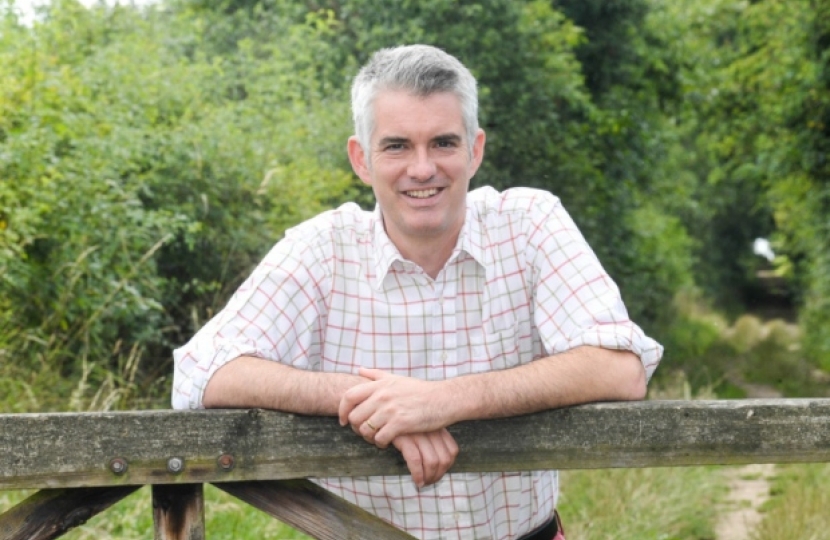
To begin with I would like to wish all of my constituents a very Happy New Year. And while 2016 may have started with the Westminster media dominated by talk of an EU referendum, here in Parliament the daily reality is getting down to the nitty-gritty work of representing South Suffolk and being a legislator.
Much of this work happens away from the limelight of the green benches, and takes place in a labyrinth of corridors and meeting rooms. A perfect example is the work of a Bill Committee – almost never reported on, but vital to the construction of the laws by which the country is governed.
A Bill Committee is where a piece of proposed legislation is debated and voted on ‘line by line’; it is the detailed scrutiny of a Bill that follows the general debate on the floor of the House known as ‘Second Reading’. This week we had the first meeting of the Energy Bill Committee, that I have just been appointed to, where we commenced our scrutiny of a Bill that is extremely timely. This is because the Energy Bill’s main measure is to create a new regulator for Oil and Gas in the UK, just at a time when lower oil prices have forced thousands of job losses upon our North Sea operators.
Most readers will no doubt have been as pleased as me to see petrol and diesel selling for under a pound a litre. And if, like me, you use home heating oil you would also have shared my delight at the astonishing drop in price for filling our garden tanks with the black stuff. Yet, for all the upside the low oil price brings, particularly for transport businesses and rural communities, there are tremors elsewhere in the economy – nerves in the City about geopolitical tension in countries that rely on oil revenues; most importantly, a growing crisis for Scotland’s biggest industry, North Sea Oil. It is extraordinary to think how Scotland might have fared if it had chosen independence, with the tax revenues from North Sea oil now minimal - yet the SNP had planned to rely on them!
Another important part of the Energy Bill is that communities will have the final decision on whether planning applications for onshore wind farms are given the go ahead. No doubt this will be welcome in communities such as Wherstead and Pinewood, who will remember their battle to defeat a proposed wind farm in 2014.
One day, we will hopefully have developed so advanced and competitive a renewable sector that we can ditch our dependence on drilling for dirtier energy. But for now, I know most of you rely on oil in one way or another and will welcome lower prices, whilst hoping that our Bill can go some way to assisting our vital North Sea industry to recover.
Published in the Suffolk Free Press.
